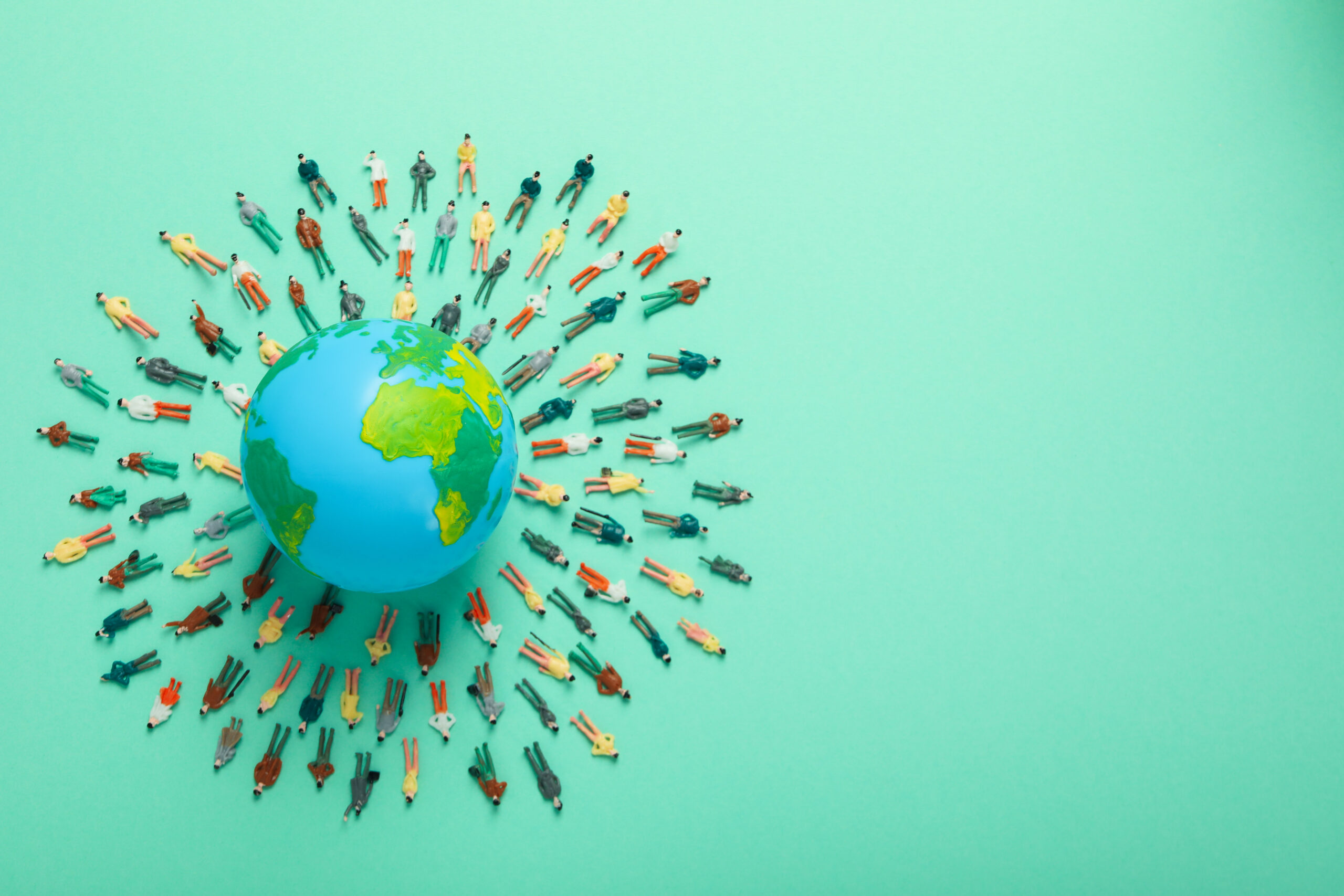
We are living through a seismic shift. One that touches geopolitics, media, creativity, and community. The world is no longer defined by singular dominance or central authority. We’re in an age of multipolarism—a world of many centers, many voices, and many truths. This is not just a political reality; it’s a cultural and spiritual one. It’s a new way of organizing ourselves, our ideas, and our impact.
If you’re into astrology, it makes sense. We are firmly in the Age of Aquarius—an era long prophesied as the time of networks, not hierarchies; of air, not earth; of ideas, not just institutions. A time when knowledge is shared, not hoarded, and when no one voice can claim to speak for all. Power is becoming distributed—between people, between places, between platforms. It is no longer a pyramid, but a constellation.
We’ve seen it playing out globally. The economic tug-of-war between the U.S. and China is not just a trade war—it’s a reshuffling of global influence. We’re witnessing the gradual displacement of a unipolar world, where the U.S. was once the undisputed epicenter of commerce and culture. Now, influence is moving around it, not necessarily against it, but beyond it. The same thing is happening in media. Some of the most vital cultural criticism, spiritual insight, political analysis, and artistic thinking is now being published not in newspapers, but on Substack—where people choose the voices they trust and sustain them directly. I still scan the daily news, but my most meaningful reading now happens through subscriptions, notes, and newsletters written by individuals who are building worlds on their own terms.
Institutions, too, are reconfiguring. Foundations, universities, and cross-sector coalitions are coming together to fill the gaps left by volatile federal policies. We’re seeing the return of mutualism—creative, cooperative, community-powered efforts designed to meet shared needs. No one is waiting to be saved. And no one sits above the fray. The old model of top-down leadership is crumbling. What we’re left with is something more dynamic—and more demanding: a field of equals, facing the same existential threats, tasked with co-creating new systems that actually serve.
And yet, at the same time, we are speeding into an age of extraordinary technological acceleration. AI is not on the horizon—it is here. We noted this in our 2025 Trend Report, but even since then, the speed of advancement has been staggering. While many are fixated on the tools themselves, I believe the greater imperative lies in how we respond. For cultural organizations, creative practitioners, and community leaders, this is the moment to go deeper into our humanity. What AI cannot replicate—at least not yet—is care, presence, intuition, and the ineffable magic of real human connection. The future will belong to those who can cultivate trust, resonance, and belonging. In other words: the future will belong to those who feel.
That’s why I’m excited to share something I’ve been holding onto for a while. In February, I recorded a conversation with the brilliant Kemi Ilesanmi, cultural leader and founder of KGI Projects. After we recorded it, she asked when I’d be sharing it and I told her, next week. I’d felt there was an urgency around our conversation. But instead and intuitively, I took a deep breath and I held it. Not because it wasn’t powerful—but because I knew its time would come. And now, it has. What we spoke about then—the role of artists, the power of place, the importance of creative risk, the shift to a greater community of African diasporic creativity—feels even more urgent and relevant today. Sometimes things need to sit and gather their potency.
You can listen to our conversation here or on the podcast platform of your choice. You can also download the unedited transcript here.
Thank you for being in community with me. For reading, listening, and reflecting. In a world where attention is scattered, I don’t take yours for granted.
Until next time—
With care and clarity,
Ayofemi
